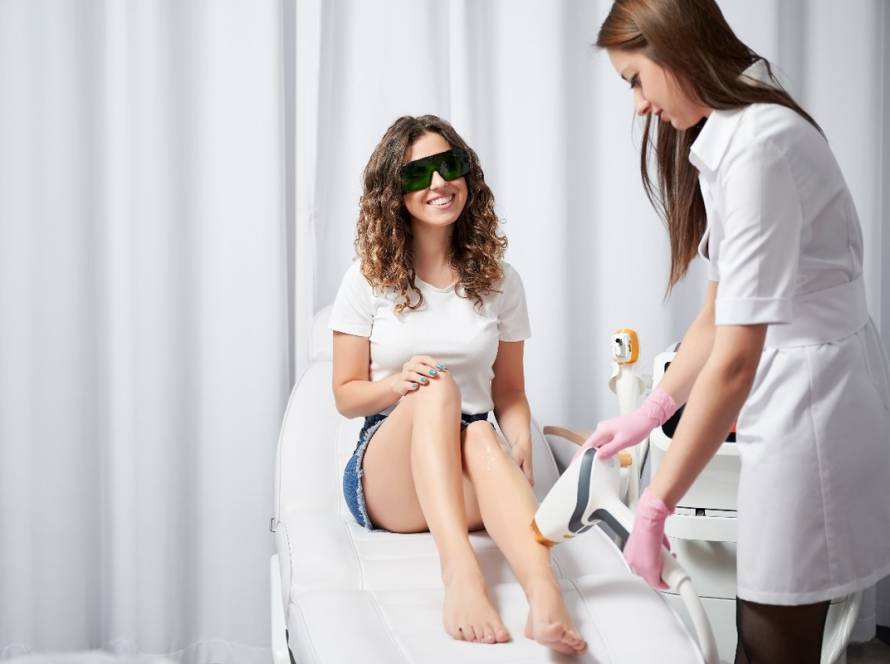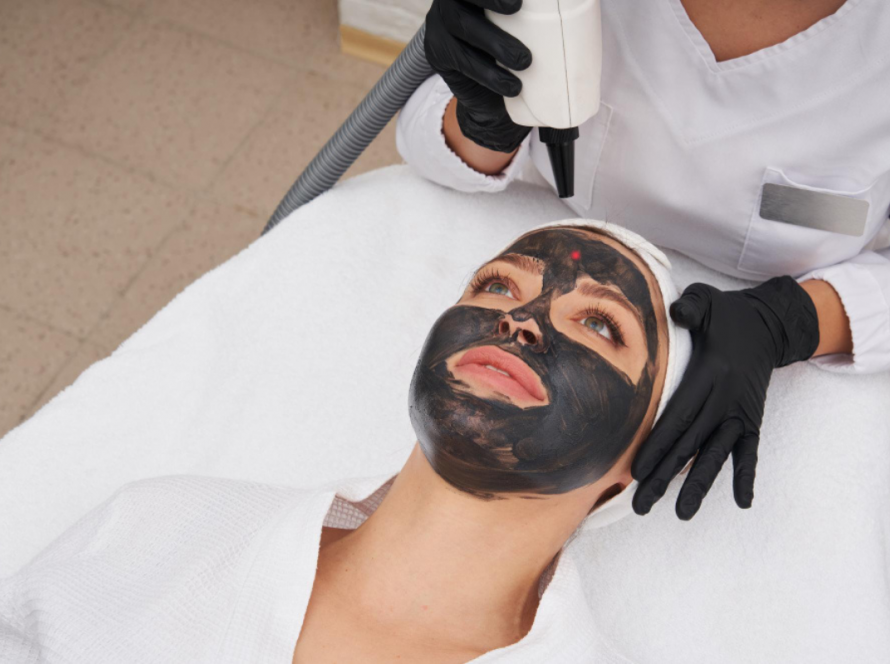Unlocking the Secrets to Smooth Skin: Conquering Acne Scars with Dermatologist-Approved Treatments

As a dermatologist, acne scars are a common and challenging skin condition that I see frequently in my practice. Acne scars can be a source of frustration and embarrassment for many people, but fortunately, there are several effective derma-based treatments available that can help to improve the appearance of scars and promote healing.
Acne scars are often a result of severe acne that has caused damage to the skin, leaving behind visible marks, pits, or indentations.
There are several different types of acne scars :
- Atrophic scars- which are small indentations in the skin
- Hypertrophic scars- which are raised, thickened areas of scar tissue.
One of the most important things to understand about acne scars is that they can be challenging to treat, and there is no one-size-fits-all solution. Every patient’s skin is unique, and the best approach to treating acne scars will depend on a variety of factors, including the type of scar, the severity of scarring, and the patient’s skin type and overall health.
The most effective treatments for acne scars are:
- Microneedling: It is one of the most effective derma-based treatments for acne scars involving using a small device with tiny needles to create micro-injuries in the skin, which triggers the body’s natural healing process and stimulates the production of collagen and elastin. This can help to improve the appearance of acne scars and promote the growth of new, healthy skin cells.
- Chemical Peeling: It is another effective derma-based treatment for acne scars. Chemical peels involve applying a chemical solution to the skin, which exfoliates the top layer of skin cells and promotes the growth of new, healthy skin cells. Chemical peels can help to improve the appearance of acne scars and even out skin tone.
In addition to these treatments, there are several other derma-based options available for acne scars like:
- Laser therapy
- Dermal fillers
- Subcision
It is important to consult with a qualified dermatologist or healthcare provider before using any of these treatments, as they may not be appropriate for everyone and may have potential side effects.
While derma-based treatments can be effective for improving the appearance of acne scars, it is also important to practice good skin care habits to prevent the development of acne scars in the first place.
This includes avoiding picking at pimples, using gentle, non-irritating skin care products, and seeking prompt treatment for acne to prevent scarring.
In conclusion, as a dermatologist, I understand the frustration and embarrassment that acne scars can cause. However, with the help of derma-based treatments and good skin care habits, it is possible to improve the appearance of acne scars and achieve smoother, healthier-looking skin.



